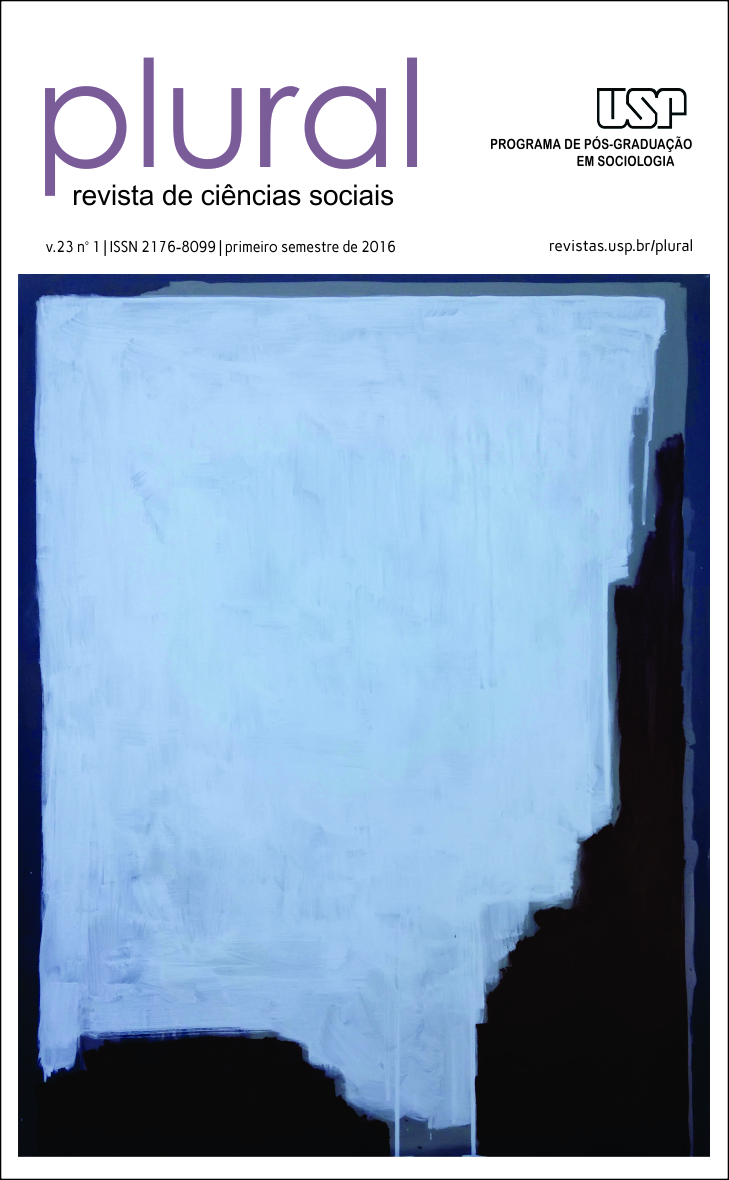Racial dynamics in contemporary Brazil: an empirical review
DOI:
https://doi.org/10.11606/issn.2176-8099.pcso.2016.118385Keywords:
racial classification, racial attitudes, racial inequality, racial quotasAbstract
Racial dynamics in Brazil are shifting. Once considered a context in which the pernicious legacy of the African slave trade had no comfortable home, today this giant of Latin America has begun to officially recognize both historical and contemporary ethnoracial discrimination. Part of this process involves a move away from celebrating racial ambiguity to embracing discrete racial statuses: the mixed-race term moreno has fallen out of favor in many spheres, and the racially affirmative term negro occupies center stage. Most significantly, state actors have implemented racial quotas across the country, perhaps most importantly in higher education. The motor behind these shifting dynamics appears to be the coming together of state and negro movement actors for strategizing a de jure turn. Importantly, public opinion research suggests that the majority of Brazilians support key elements of the State’s new racial politics. In the later part of the 20th-century, scholarship associated Brazil with a lack of racial consciousness; in the first decades of the 21st century, that association is untenable.Downloads
Download data is not yet available.
Downloads
Published
2016-06-30
Issue
Section
Dossier "Inequalities and racial relations"
License
Copyright (c) 2016 Política de direitos compartilhados

This work is licensed under a Creative Commons Attribution-NonCommercial-ShareAlike 4.0 International License.
Ao submeter seu trabalho à Plural, o autor concorda que: o envio de originais à revista implica autorização para publicação e divulgação, ficando acordado que não serão pagos direitos autorais de nenhuma espécie. Uma vez publicados os textos, a Plural se reserva todos os direitos autorais, inclusive os de tradução, permitindo sua posterior reprodução como transcrição e com devida citação de fonte. O conteúdo do periódico será disponibilizado com licença livre, Creative Commons - Atribuição NãoComercial- CompartilhaIgual –, o que quer dizer que os artigos podem ser adaptados, copiados e distribuídos, desde que o autor seja citado, que não se faça uso comercial da obra em questão e que sejam distribuídos sob a mesma licença (ver: http://www.creativecommons.org.br/).How to Cite
Bailey, S. (2016). Racial dynamics in contemporary Brazil: an empirical review. Plural, 23(1), 53-74. https://doi.org/10.11606/issn.2176-8099.pcso.2016.118385








